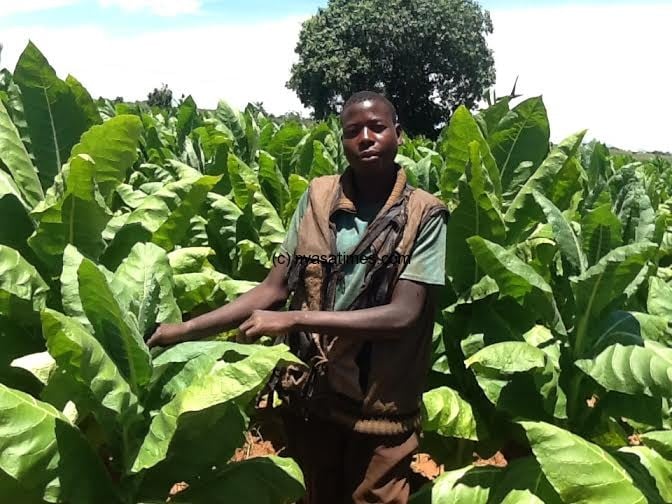When the Rains Change: Malawi’s Farmers Struggle to Adapt
As the rainy season fast approaches, farmers across Malawi faces growing uncertainties. Followed by unpredictable weather patterns , threatening harvests, livelihoods, and the food security of communities relying entirely on agricultural activities to survive.

With the recent realese by Department of Climate Change and Meteorological Services (DCCMS) reports shows that , many districts, rains will begins two to four weeks later than they did three decades ago. The number of rainy days has declined, while heavy storms have become more frequent. At the same time, Malawi’s average temperature has risen by about 1.3°C since the 1970s, according to the UNDP’s 2024 Climate Assessment Report.
Higher temperatures increase soil evaporation and drying, reducing maize yields and crop productivity. The Food and Agriculture Organization (FAO) notes that in years of poor rainfall, maize harvests can drop by up to 30 percent compared to normal years.
Over 80 percent of Malawi’s population depends on rain-fed smallholder farming. When rains fail or come unpredictably, entire communities face food shortages and income loss. The 2023–2024 farming season, for example, saw erratic rains and cyclone-related damage that sharply reduced crop output in several areas. FEWS NET reported that maize prices rose by 25 to 40 percent in many markets, forcing households to rely on food assistance or reduce daily meals.
Malawi’s farming challenges are compounded by soil erosion. Research from the Department of Land Resources Conservation and LUANAR shows that the country loses significant amounts of fertile soil each year, especially in hilly areas where vegetation has been cleared. In the worst-affected districts, farmers lose up to 29 tons of soil per hectare annually. Soil depletion not only lowers productivity but also makes recovery after poor rainfall even more difficult.
The economic consequences are clear. The World Bank’s 2023 Climate and Development Report for Malawi warns that each drought or flood season reduces the country’s economic growth by about one percent. This slows development, increases poverty, and puts pressure on government budgets that could otherwise support public services. Agriculture, heavily dependent on rainfall, bears the brunt of these impacts.
In response, the government and development partners are promoting climate-smart farming. Strategies include early-maturing and drought-tolerant crops, soil conservation techniques such as pit planting and mulching, and the expansion of small-scale irrigation. The Greenbelt Initiative is developing irrigation infrastructure along rivers and lakes, though coverage remains below ten percent of cultivable land.
Projects such as UNDP and Green Climate Fund’s M-CLIMES are installing automatic weather stations and using mobile and radio platforms to share timely weather warnings with farmers. Pilot programs in districts like Mchinji, Balaka, and Zomba show that farmers who received forecasts and used early-maturing seeds harvested up to 20 percent more grain even when rainfall was below average. These examples prove that adaptation measures can reduce losses and build resilience when properly implemented.
Challenges remain, however. Many smallholder farmers lack access to certified seeds, fertilizers, and reliable information. Extension services are limited, and delivery of farm inputs is often delayed. Without stronger coordination and financial support, climate-smart initiatives will not reach all communities that need them most.
As Malawi enters another planting season, the evidence is undeniable: the climate is changing, and farming practices must change too. Generations of predictable rainfall are no longer reliable, and science has already shown the steps needed improving soil management, promoting drought-tolerant crops, expanding irrigation, and providing timely weather information.
The rains nowadays no longer become reliable. What remains is collective responsibility, resilience and diversification of agricultural technologies.
Follow and Subscribe Nyasa TV :

